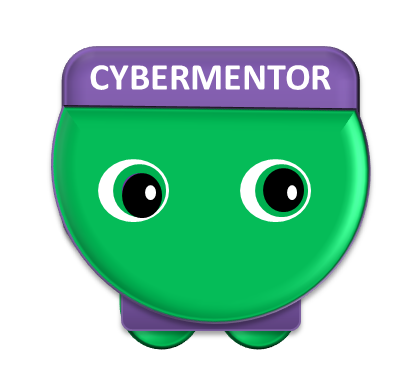Useful Advice
Advice for victims
- If you’re being bullied online, tell someone – a friend, a teacher, a parent or carer.
- Do NOT respond – block the sender and report them on the site using the report function.
- Remember to save/take a screenshot of the messages so that you have evidence.
- You can also speak to a trained counsellor at Childline by calling 0800 1111 or visit the website for more ways to get support:
Advice for bystanders
- If someone you know is being bullied, be supportive and help them talk to a teacher, parent or carer.
- If you witness teasing, harassment, threats or humiliation – in the form of a tweet, a post, or a message, or a comment – challenge it, don’t join in.
- Don’t retweet, like or share anything that might upset, embarrass or frighten someone else – otherwise, you’re taking part in cyberbullying.
Advice for parents and carers
- Talk to your child about what they're doing online, and any games and apps they're using, as well as sites they visit and who they communicate with. For more helpful tips visit:
- Learn how to set up parental controls on devices, apps, broadband and game consoles:
Advice for schools
- Online safety is a whole school issue – empower staff to know the risks and how to help if there is a concern. For advice on online safety issues, including privacy, gaming, grooming, cyberbullying, sexting, inappropriate images and behaviour on social media:
- Make sure your online safety acceptable user policy is up to date and all pupils, parents and staff have signed an agreement:
